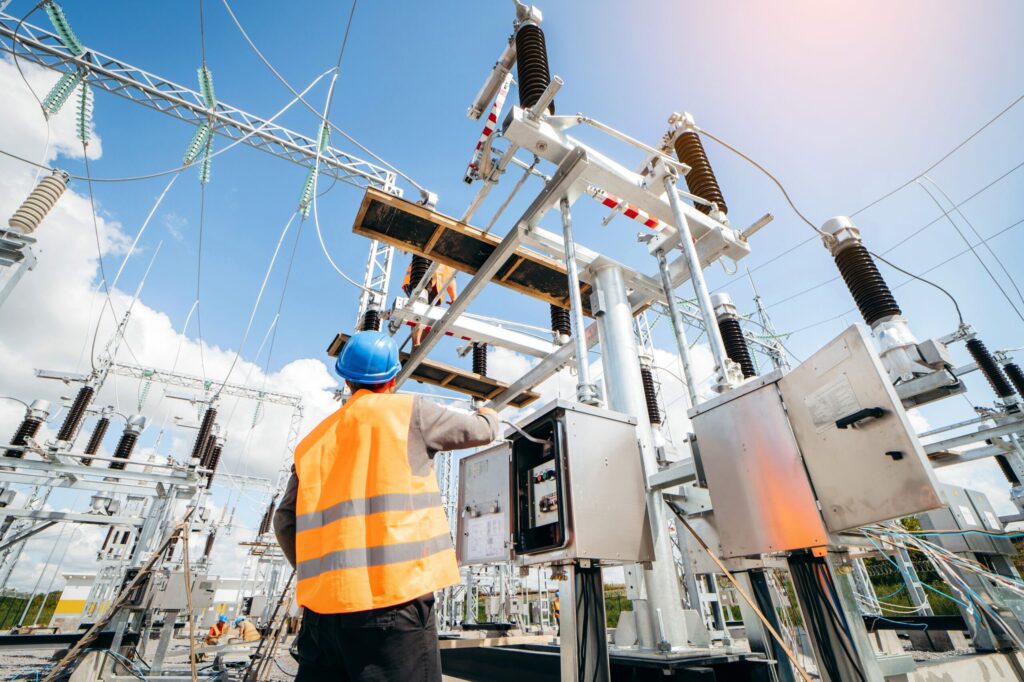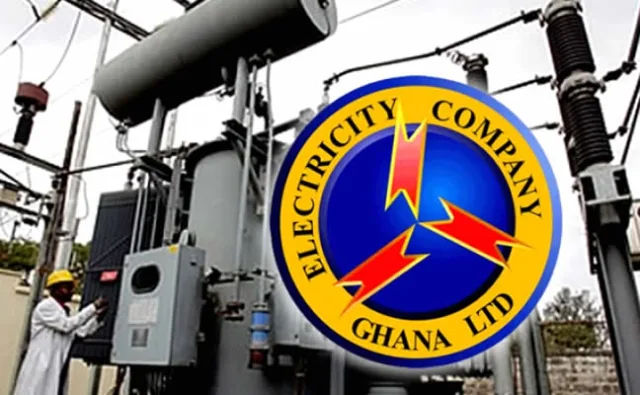The Electricity Company of Ghana (ECG) has moved to clarify growing public concerns over high electricity bills, attributing the surge to a mix of approved tariffs, consumer usage patterns, inefficient appliances, and poor household wiring systems.
Dr. Charles Nii Ayiku Ayiku, General Manager of External Communications at ECG, stressed that the company does not set electricity tariffs but only enforces those approved by the Public Utilities Regulatory Commission (PURC).
“So, we apply the charges based on consumption, which includes energy charges, streetlight levies, and service fees.”
Dr. Charles Nii Ayiku Ayiku, General Manager of External Communications at ECG
According to ECG, the main driver of rising bills is household consumption patterns. Appliances such as air conditioners, refrigerators, and water heaters are among the biggest contributors to electricity use.
Dr. Ayiku also drew attention to what he termed “vampire loads”, hidden electricity consumption from appliances like televisions, gaming consoles, and chargers that continue to draw power even when left on standby.

“Sometimes we blame the meters, but often our own habits contribute.
“Leaving appliances plugged in, not ironing in bulk, or using inefficient appliances all add up.”
Dr. Charles Nii Ayiku Ayiku, General Manager of External Communications at ECG
The ECG official recommended switching to energy-efficient appliances and developing habits that minimize wastage, such as turning off devices completely when not in use.
Beyond consumption, ECG highlighted structural issues within homes as another major factor. Dr. Ayiku explained that faulty household wiring, old electrical cables, and poor earthing systems could cause not only excessive electricity consumption but also safety hazards such as fire outbreaks.
“We strongly advise households, especially those that are more than 20 years old, to have their wiring inspected and, where necessary, replaced by certified electricians and approved by the Energy Commission.”
Dr. Charles Nii Ayiku Ayiku, General Manager of External Communications at ECG
He emphasized that many customers overlook these risks, assuming high bills always result from faulty meters, when in fact inefficiencies in installations are often to blame.
Addressing Meter Complaints

On recurring complaints about faulty or “fast-running” meters, Dr. Ayiku acknowledged that while all ECG meters are calibrated, technical faults can occur.
He assured the public that the company has a system in place to promptly investigate such cases and replace defective meters when necessary.
“We do not deny that faults sometimes occur. But when they do, we have mechanisms to address them quickly, and faulty meters are replaced once verified.”
Dr. Charles Nii Ayiku Ayiku, General Manager of External Communications at ECG
Dr. Ayiku also addressed customer frustrations over delays in accessing new meters, admitting that some districts occasionally face temporary shortages.

However, he emphasized that ECG makes arrangements to provide alternatives when stock is low.
The bigger concern, he noted, is the rise in fraud involving unauthorised persons posing as ECG staff. These individuals often demand illegal payments for meters or services, leaving customers defrauded.
“We encourage the public to contact ECG directly, check from our official website, or follow our verified social media platforms @ECGGhOfficial for any concerns instead of listening to scammers or unofficial sources.”
Dr. Charles Nii Ayiku Ayiku, General Manager of External Communications at ECG
He revealed that some ECG employees found complicit in such illegal practices have faced disciplinary action, underscoring the company’s commitment to maintaining integrity and customer trust.
Promoting Energy Efficiency

As electricity costs rise, ECG is encouraging households and businesses to adopt energy-efficient practices and ensure proper installations to better manage their bills.
“Customers have a role to play. Using energy-efficient appliances, switching off devices when not in use, and ensuring wiring is up to standard can make a huge difference.”
Dr. Charles Nii Ayiku Ayiku, General Manager of External Communications at ECG
He reiterated that tariffs remain outside ECG’s control but stressed that with prudent energy use and proper electrical systems, customers can significantly reduce their bills.
ECG’s latest communication comes at a time when many households continue to express frustration over rising living costs and the impact of electricity bills on household budgets. The utility provider believes that by clarifying the causes of high bills and providing practical solutions, public trust can be strengthened.
As Ghana continues its transition to more sustainable energy practices, the company says it will intensify education campaigns, promote efficiency, and ensure that the official channels for services remain accessible to all customers.
READ ALSO: Ghana Set to Smash All 2025 Economic Targets – IC Research Hails Strong H1 Performance



















